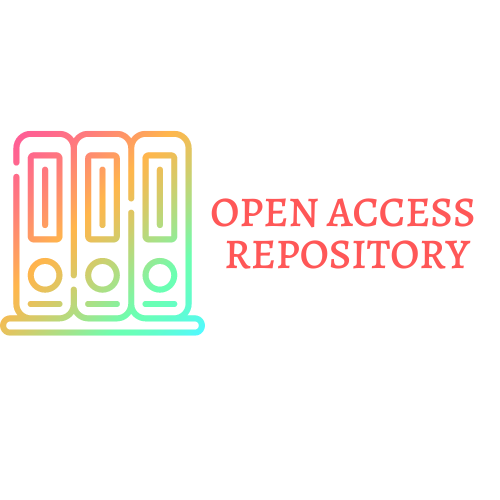SOCIOLINGUISTIC ASPECTS OF POLYSEMY: A STUDY OF THE ROLE OF SOCIAL AND CULTURAL FACTORS IN THE CREATION AND INTERPRETATION OF POLYSEMOUS LINGUISTIC TERMS
DOI:
https://doi.org/10.17605/OSF.IO/T83VSKeywords:
social factors; cultural factors; language use; linguistic repertoires; linguistic relativity; polysemous terms; power dynamics; creation of polysemous terms; language contact; interpretation of polysemous termsAbstract
This passage discusses various factors that influence language use, including social and cultural factors, linguistic relativity, power dynamics, and the creation of polysemous terms. Social and cultural factors, such as ethnicity, gender, age, education, and social class, shape language use at the individual and community levels. Linguistic relativity suggests that language influences the way we perceive and think about the world, and it plays a role in the creation and interpretation of polysemous terms. Power dynamics also play a crucial role in shaping language use and meaning, with dominant groups having more influence than marginalized groups. The creation of polysemous linguistic terms is influenced by culture, language contact and borrowing, technological advancements, and social and political factors. Finally, the interpretation of polysemous terms is a complex process that involves various factors, including context, ambiguity, and cognitive processes.





